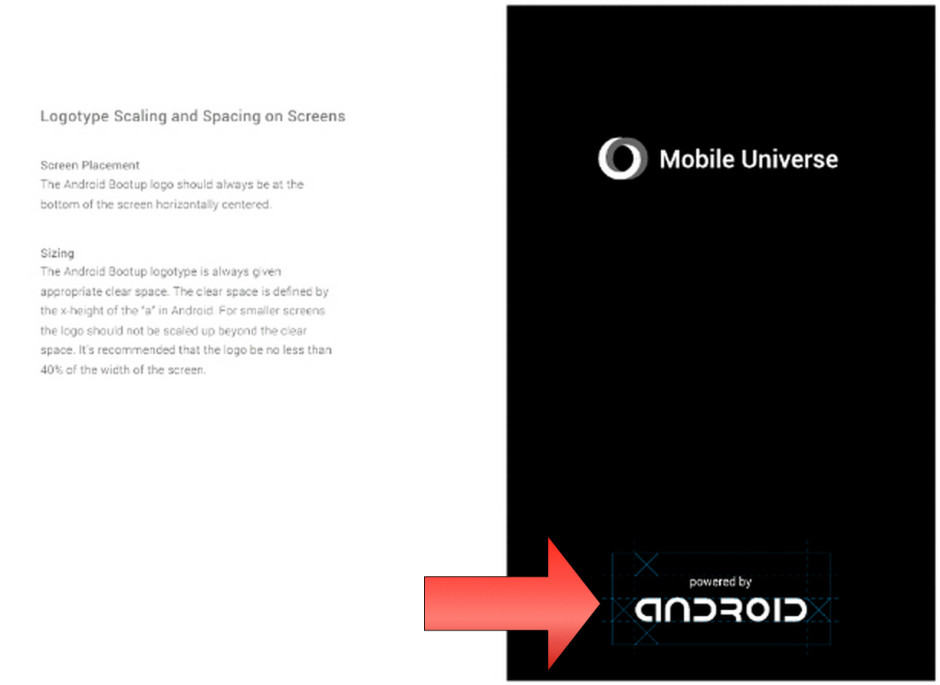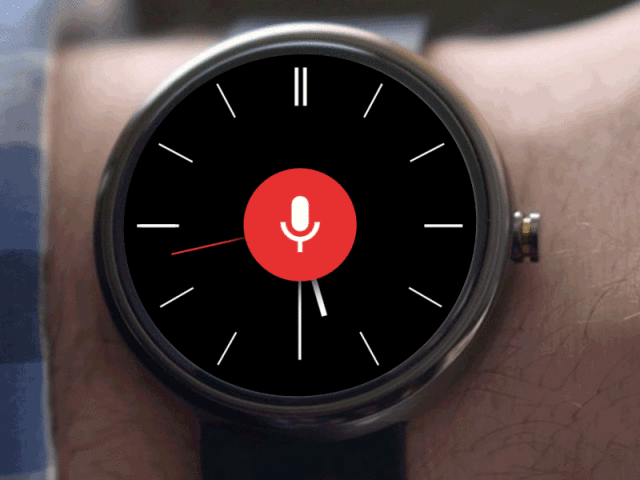
A dark cloud hangs over the future of mobile communication: the spectre of Facebook controlling it all.
It’s not likely, actually. But Facebook’s intention to purchase WhatsApp for $16 billion or $19 billion dollars (depending on whether you factor in the stock-based bonuses for WhatsApp employees) involved some scary-big numbers.
The biggest of these numbers happens when you add Facebook’s current user count plus WhatsApp’s projected user count (how many users Facebook believes the service will have if current growth rates continue). The number is: 2.3 billion users.
Of course, the number is pure B.S.
WhatsApp’s current growth probably won’t continue. Facebook’s current numbers are padded with duplicate users, fake users and non-active users. And there’s always going to be big overlap between WhatsApp and Facebook users — a dude who uses both is still just one dude.
Still, when I ponder the number of people likely to be using Facebook-owned services (WhatsApp and Facebook Messenger) for messaging compared to those using Google-owned Hangouts, I find myself astonished and confused. How did this happen? And what can be done about it?








